
The Fourth Age
Smart Robots, Conscious Computers, and the Future of Humanity
ISBN: 9781501158568
Pages: 336
Recommendation
Major changes in human history derived from technologies. Fire was the first technology. Language was even more powerful; people could share ideas and cooperate in a dangerous world. After two more eras defined by agriculture, cities, the wheel and writing, computers now usher in a new era. Robots and artificial intelligence (AI) raise questions about what it means to be a human being. Byron Reese’s expansive, wide-ranging treatise will engage anyone fascinated by questions about the human future, as long as you don’t expect easy answers.
Summary
About the Author
Byron Reese is the CEO and publisher of the technology research company Gigaom and also founded several high-tech companies. He has spent most of his life exploring the interplay of technology and human history.







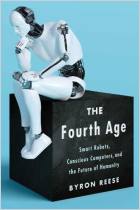
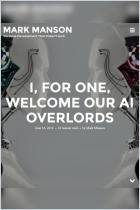
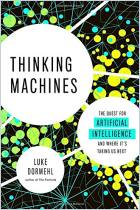
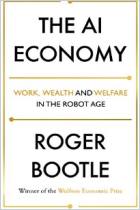
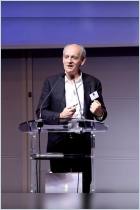
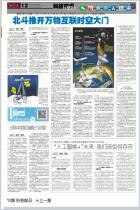


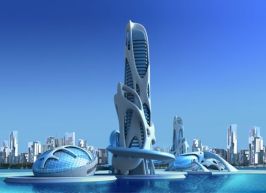

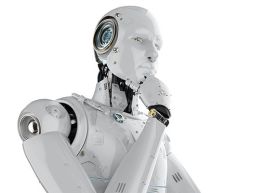


Comment on this summary or Start Discussion